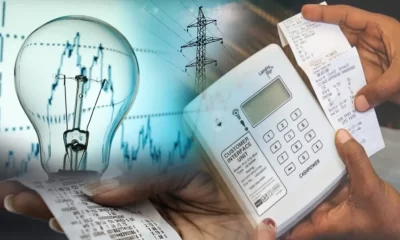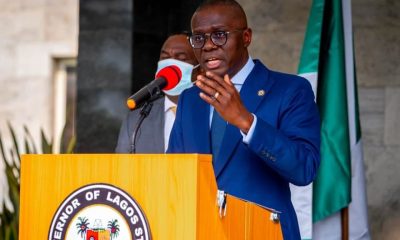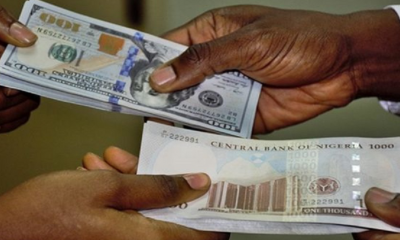Nigeria is struggling to raise funds from investors following poor credit ratings by two leading providers of corporate credit ratings, Moody’s and Fitch, after they downgraded the country to Category ‘B’ economy.
It was learnt that foreign creditors prefer to invest their money in G-7 securities such as the United States, Germany, France, Japan, as high inflation, interest rates scare them away from Nigeria.
Recently, while appearing before the House of Representatives to defend the Debt Management Office’s 2023 budget on Monday, Director-General of the DMO, Patience Oniha, told the Committee on Aids, Loans and Debt Management that Nigeria has an issue with the new external borrowings.
Oniha disclosed that in 2021, Nigeria raised $4 billion from foreign creditors, falling short of the $6 billion it planned to raise. She also stated that the country has only been able to borrow $1.25 billion.
READ ALSO: Akabueze, Owokalade, others discuss Nigeria’s debt burden, fuel subsidy
“The international markets are not looking for countries with our ratings –B ratings. The invasion of Ukraine by Russia, as you know, turned around things in the world significantly.
“So, inflation rates are high, interest rates are high and investors are saying there are a lot of uncertainties as to what will happen. There is a threat of recession.
“So, what they have decided to do is to put their money in the G-7 securities: United States, Germany, France, Japan, and so on. Those countries also issue bonds. So, that is where the investors are putting their money and rates have gone up significantly,” Oniha said.
The DMO boss also told the lawmakers that, “We really need to look at revenues. For debt to be sustainable medium term, you must earn revenues. We should not have a budget of N17tn and N10tn of deficit, and out of that (there is) new borrowing of N8.8tn, which is 50 percent of your budget.”
According to data obtained from the DMO, Nigeria’s total public debt stock rose to N42.84 trillion ($103.31 billion) in June 2022 from N41.60 trillion ($100.07 billion) in the previous month.
The DMO stated that the foreign component of the debt remained at the same level of N16.61 trillion ($39.96 billion), while the local component spiked to N26.23 trillion ($63.24 billion).
Over N1.87 trillion was spent in the first six months of 2022 to service debt. Next year, Buhari projects that total debt service will gulp N6.30 trillion, surpassing projected revenue of N4.3 trillion.

 Latest4 days ago
Latest4 days ago
 Crime5 days ago
Crime5 days ago
 Agribusiness1 week ago
Agribusiness1 week ago
 Agribusiness5 days ago
Agribusiness5 days ago
 Business5 days ago
Business5 days ago
 Crime6 days ago
Crime6 days ago
 Business6 days ago
Business6 days ago
 Business6 days ago
Business6 days ago

